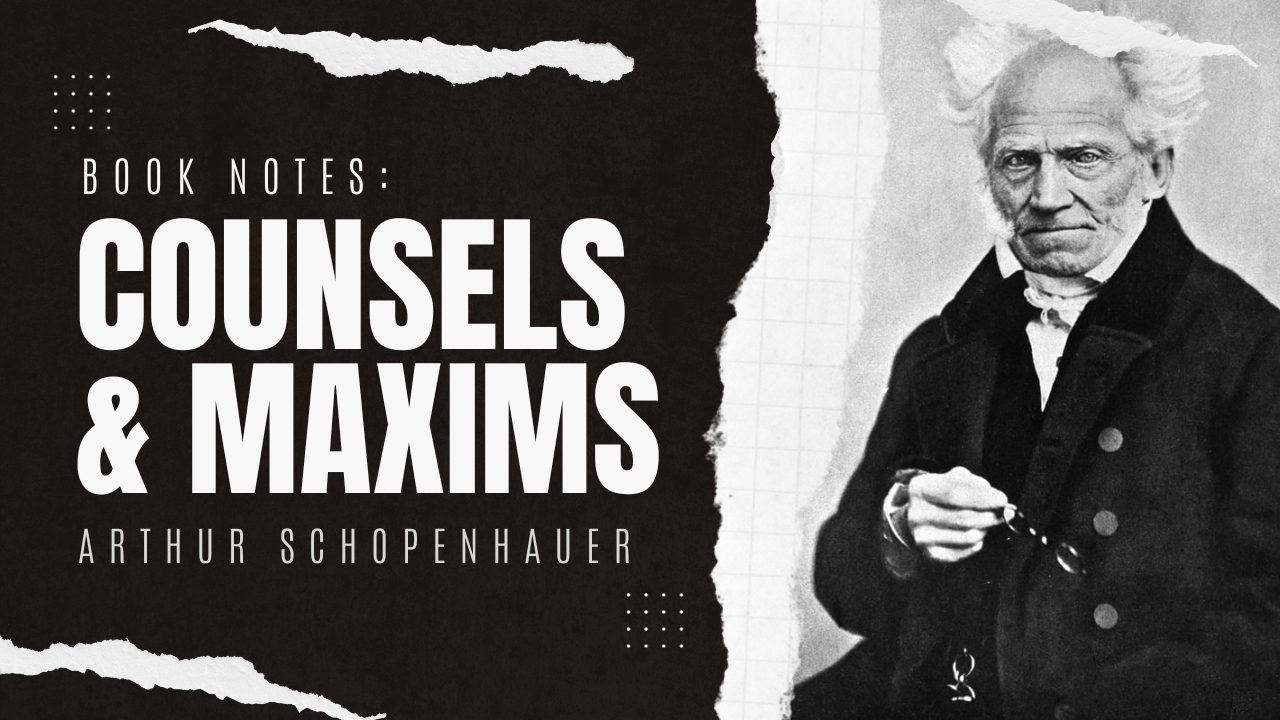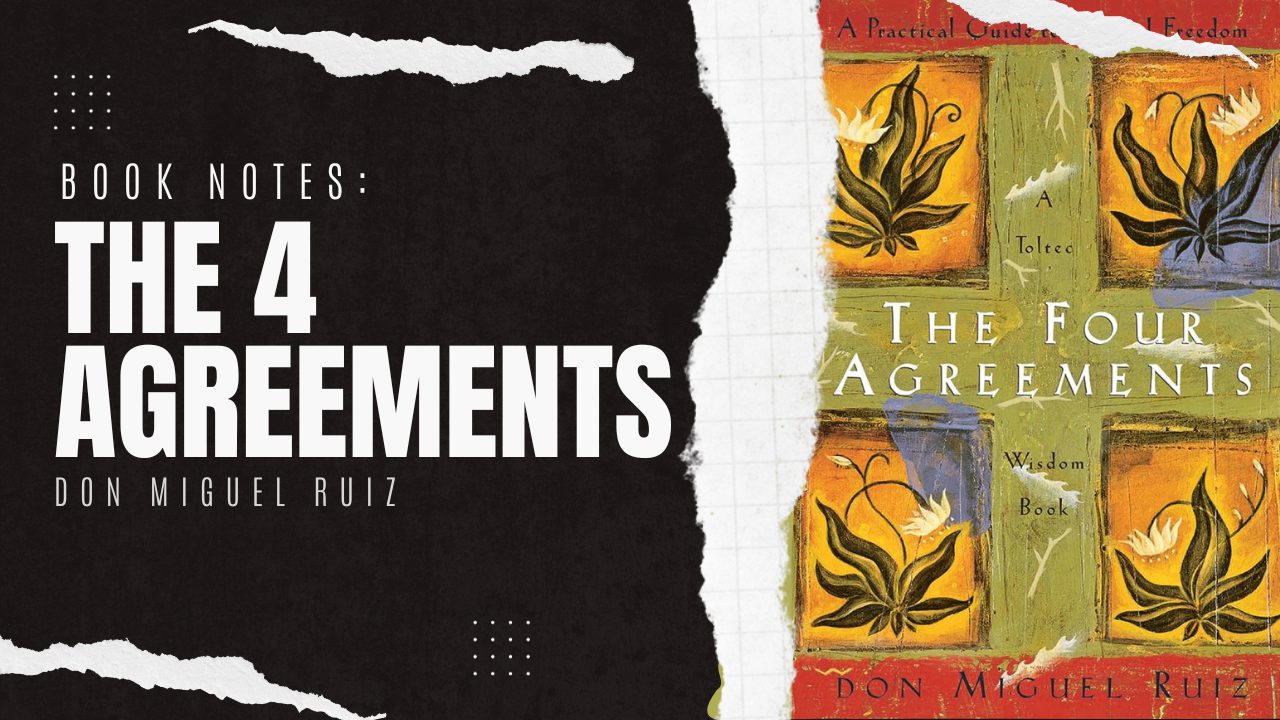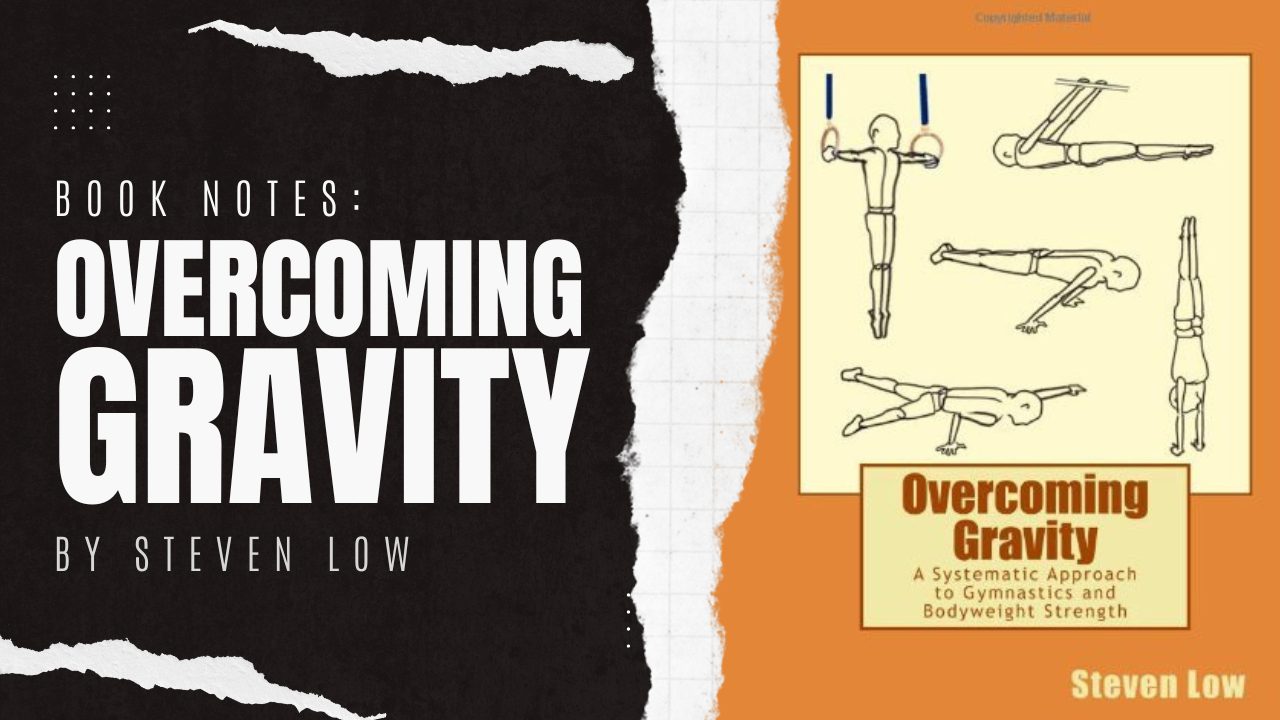
Today, I’ll share my notes from Arthur Schopenahuer’s “Counsels and Maxims”.
Whether you’re a seasoned philosophy enthusiast or a newcomer to Schopenhauer’s ideas, I hope you can find some value in my short-format conclusions.
Remember, this is neither a book review nor a summary.
Just condensed notes for myself.
My Notes from “Counsels and Maxims” by Arthur Schopenhauer
Below you can find my actionable conclusions from Schopenhauer’s Counsels and Maxims.
The way I end up with these lists is by taking pictures of the paragraphs of interest and re-reading them after I’m done with the book. Then, I write my own interpretation of each and find similarities. And only then I derive the essence in fewest words possible.
This is what I mean by “condensed notes” – having conclusions that I can trust without further commentary.
With that being said, here are my practical takeaways from Counsels and Maxims:
- Live and let live.
- See people infrequently.
- “No man can see over his own height.” Don’t engage.
- Never be too letting or too kind. People show more disregard the more you spoil them.
- If someone does little things that make others uncomfortable for selfish personal gain, they’ll do bigger as well.
- Either let go or go all in.
- You can’t change your character – you’ll revert to the mean. But you can have principles.
- Be polite but direct. State your judgements cold and without fear.
- You can’t convince anyone of anything. Be more tolerant of others’ foolishness.
- Keep your secrets.
- Don’t show hatred or anger in words or gestures. Only in actions.
- Don’t think or evaluate at night.
I think this is a great list of outtakes that are both practical and bring the essence of the piece.
I’ve found value in Schopenhauer’s work since I was a teenager and I identified with many of his ideas. They’re definitely timeless – as applicable today as in his time, and also throughout any person’s age.
 Husband & Father
Husband & Father  Software Engineer
Software Engineer 








